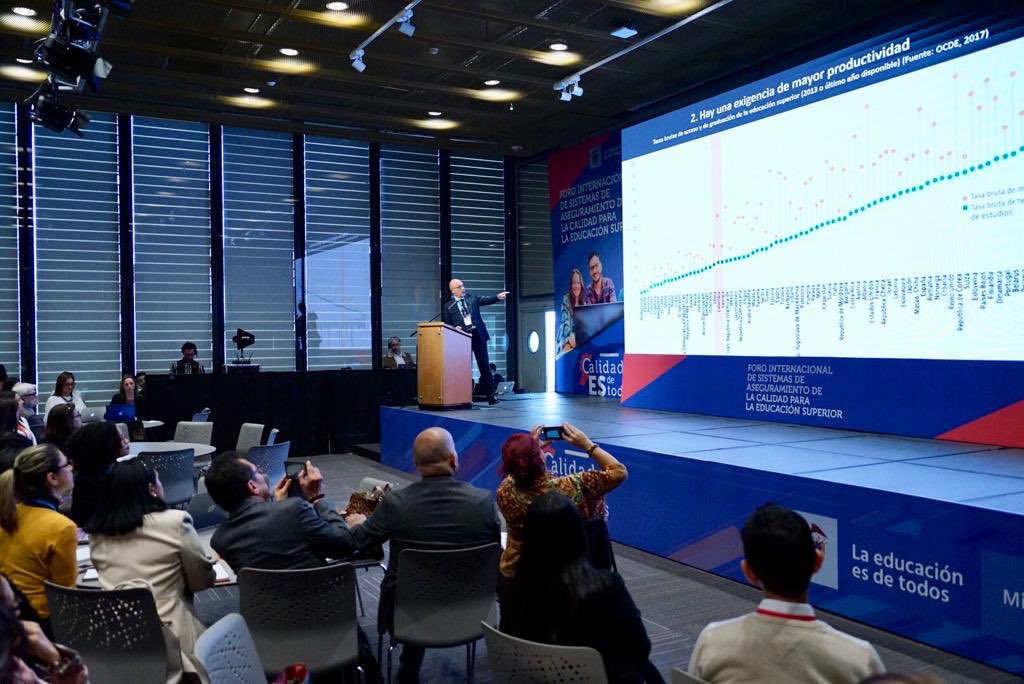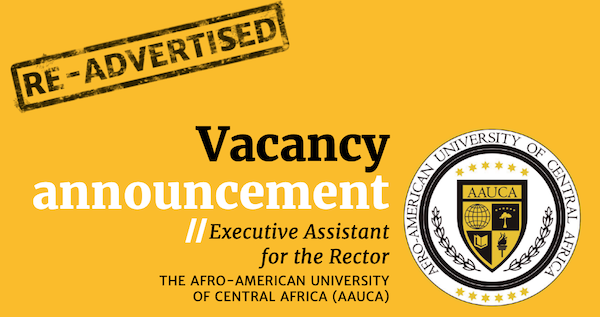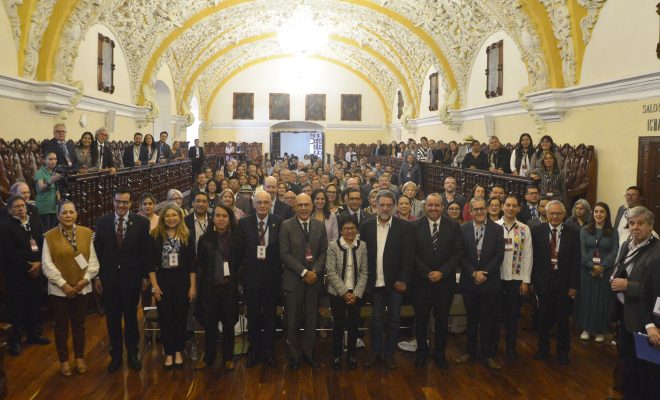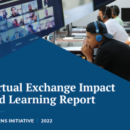Artificial Inteligence and inequities

The volume Policy Insights: AI and Digital Inequities of the Norrag Global Education Center is a groundbreaking exploration of the potential challenges that AI poses to educational equity. It sheds light on the often overlooked and evolving sources of digital inequality, particularly as educational norms surrounding AI technologies are still taking shape.
Moving beyond simplistic technological solutions, the authors explore the shortcomings and limitations of digital tools often promoted by the tech industry. They critically examine the current state of digital transformation in education, highlighting how it may undermine our core educational goals. They also propose a path forward for the use of AI in education that prioritizes human rights, safeguards, and nurtures human potential.
Among the authors is Emma Harden-Wolfson, researcher at UNESCO IESALC, who addresses the topic “Chat GPT can write your essay but what if you can’t even access it? Inequities in the adoption of generative AI in higher education”.
Here she explains how generative AI tools have spread rapidly in education systems, but not uniformly as there are multiple inequalities in access to these tools and how they are used.
It points out how a responsible, ethical and informed approach to generative AI can be more constructive, with one of the main priorities being to support faculty, students and staff to responsibly incorporate generative AI tools into teaching and learning processes in higher education.
She also provides an example of how a chatbot can be used for teaching, learning and assessment.
Read this and other articles of the volume: here
RELATED ITEMS








